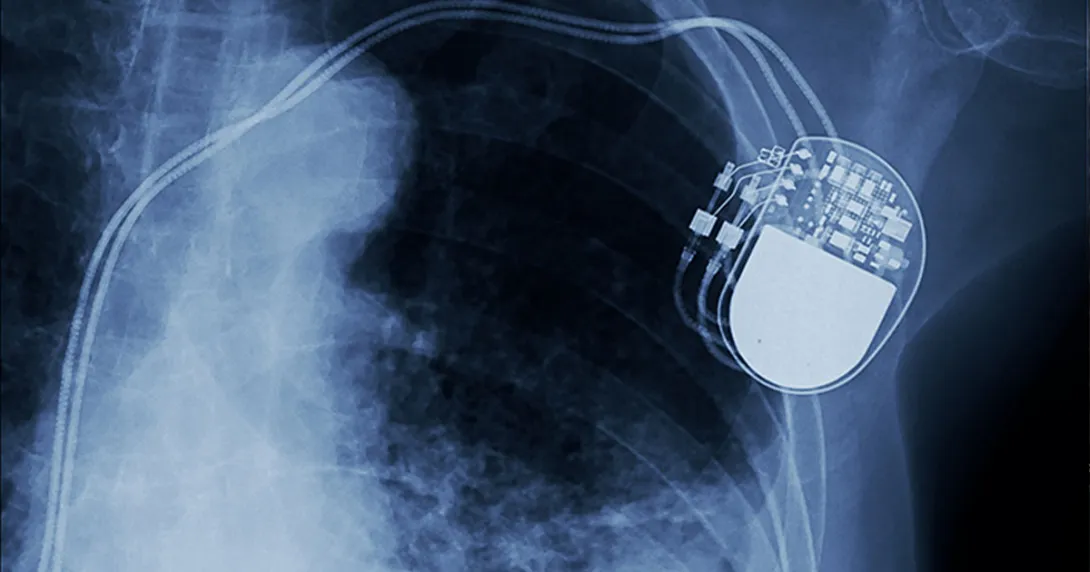More than 1,000 patients – including 350 newborns and their mothers – could have been exposed to tuberculosis at Santa Clara Valley Medical Center in California, the system announced last week.
"We are reaching out to moms who were in our Mother & Infant Care Center between mid-August 2015 and mid-November," the hospital wrote in a notice posted on its website.
Although the notice indicates the hospital leaders had known of the exposure at least since November, the notice does not say why the hospital chose not to report the incident until December 11.
[See also: Two dead, 179 exposed to superbug at UCLA Medical Center.]
The hospital said that a nurse working in the neonatal unit was found to be positive for having tuberculosis during recent treatment for an unrelated medical condition. That nurse is now on leave.
An earlier routine tuberculosis test in September was negative.
"We are committed to the safety of our patients and staff," Stephen Harris, MD, chair of pediatrics at the hospital, said in a statement. "While the risk of infection is low, the consequences of a tuberculosis infection in infants can be severe. That's why we decided to do widespread testing and start preventative treatments for these infants as soon as possible."
Santa Clara Valley Medical Center CEO Paul Lorenz also posted a Facebook message on December 11 about the case.
"Everyone should feel confident that our staff are appropriately screened for tuberculosis and the safety of patients and staff is our top priority," he wrote.
[Like Healthcare IT News on Facebook]
The bacteria that causes tuberculosis is spread through the air from one person to another when an infected person coughs or sneezes. Only active tuberculosis can be spread.
"Infants, young children, and immune-compromised children (e.g., children with HIV) are at the highest risk of developing the most severe forms of tuberculosis such as tuberculosis meningitis or disseminated tuberculosis disease," according to the Centers for Disease Control and Prevention fact pages.
Twitter: @HealthITNews


